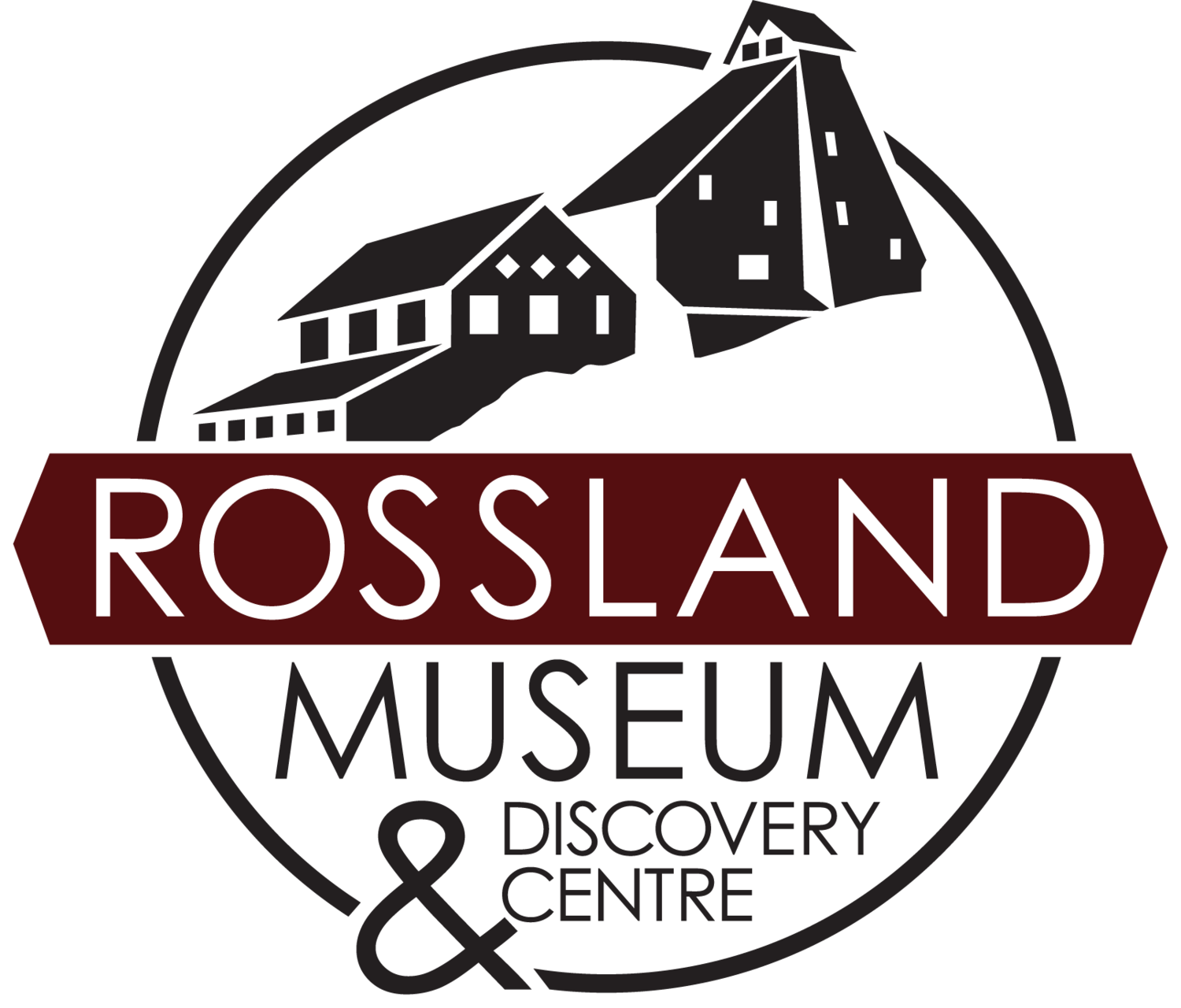Marilyn James: Sinixt Dialect Revitalization, Countermapping, and Resurgence
In April 2021, Marilyn James, Sinixt Smum iem Matriarch, came to the Museum to speak about dialect revitalization and how it is directly connected to the important work of counter-mapping (and vice versa).
Her presentation explored reasons why the Sinixt dialect was largely lost in the first place to better situate the need for this work of revitalization. She also discussed the various projects that her group is working on around dialect revitalization and what we can expect to see in Rossland as a result of that work.
Marilyn’s presentation was a live Zoom event, and a recording of her presentation is below!
ABOUT MARILYN JAMES
Marilyn James was the Spokesperson for the Sinixt Nation in the Canadian portion of her people’s traditional territory for over 25 years. She continues to be active as an elder in the responsibility of upholding Sinixt protocols and laws in the Sinixt təmxʷúlaʔxʷ under Sinixt smum iem law. She holds a Masters of Education from Simon Fraser University and has developed aboriginal curriculum currently being used in four BC School Districts and on the provincial web platform. Marilyn is an accomplished Storyteller in the Sinixt tradition and has told stories to a wide variety of audiences of all ages in schools, at public gatherings and festivals. She is the co-author of “Not Extinct: Keeping the Sinixt Way” (Maa Press, 2018) as well as publications in anthologies and academic journals. She has also presented at academic conferences. She is an ardent advocate for human responsibilities toward land and water. She is a mother of three and has eight grandchildren.
WHAT IS COUNTER-MAPPING?
Counter-mapping refers to the use of cartographic tools and maps to correct or denounce injustice. It is usually carried out in opposition to maps or spatialities produced by powerful interests, be they from the state, the private sector, or elsewhere. Countermapping's uniqueness comes from its focus on explicit politics, advocacy, and activism. In geography, countermapping has most often been associated with questions and struggles over land use and conservation. Use of the term in the discipline began to pick up rapidly after the mid 1990s, with Nancy Peluso's work on countermapping in Indonesian forests. Despite the recent emergence of the term in Anglophonic geography, one could trace a countermapping tradition at least as far back as the Geographical Expeditions of William Bunge in the 1970s. (From the Encyclopedia of Geography).
Map of Rossland within Sinixt təmxʷulaʔxʷ. Place names are listed in sn-selxcin, the Sinixt dialect of the Salish language group. Image used with permission, please do not reproduce.
LEARN MORE:
Sinixt Nation website.
The Blood of Life Collective is a group of Sinixt and settler activists, collaborating to support Sinixt resurgence. Their mission is to: Promote positive relationships between settler and Sinixt communities, based on Sinixt autonomy in their t əmxʷulaʔxʷ(traditional territory); Create multi-disciplinary projects that facilitate Sinixt resurgence; Encourage the development of informed and culturally aware youth; Support environmental initiatives relevant to the Autonomous Sinixt; and deliver unrestricted funds to the Autonomous Sinixt Smum iem.
Sinixt Geography: A presentation hosted by the West Kootenay EcoSociety featuring Shane Giofu, a settler researcher for the T'kikstn Project for Sinixt Dialect Revitalization. His main research focuses for the project include counter-mapping and distinguishing the unique aspects of the Sinixt Dialect from the Nysyilxcen Language continuum as a whole.The Sinixt People are not extinct. Join Shane to explore an overview of Sinixt Territory and their traditional land. In this presentation, Shane discusses:
The existing mapping of Sinixt Territory and why even the best ones are inadequate.
How language and dialect are used as tools for both colonial and subaltern oppression.
What is counter-mapping?
Why countermap?
Important Sinixt locations on this land.
Who do the Sinixt require emancipation from and why?


